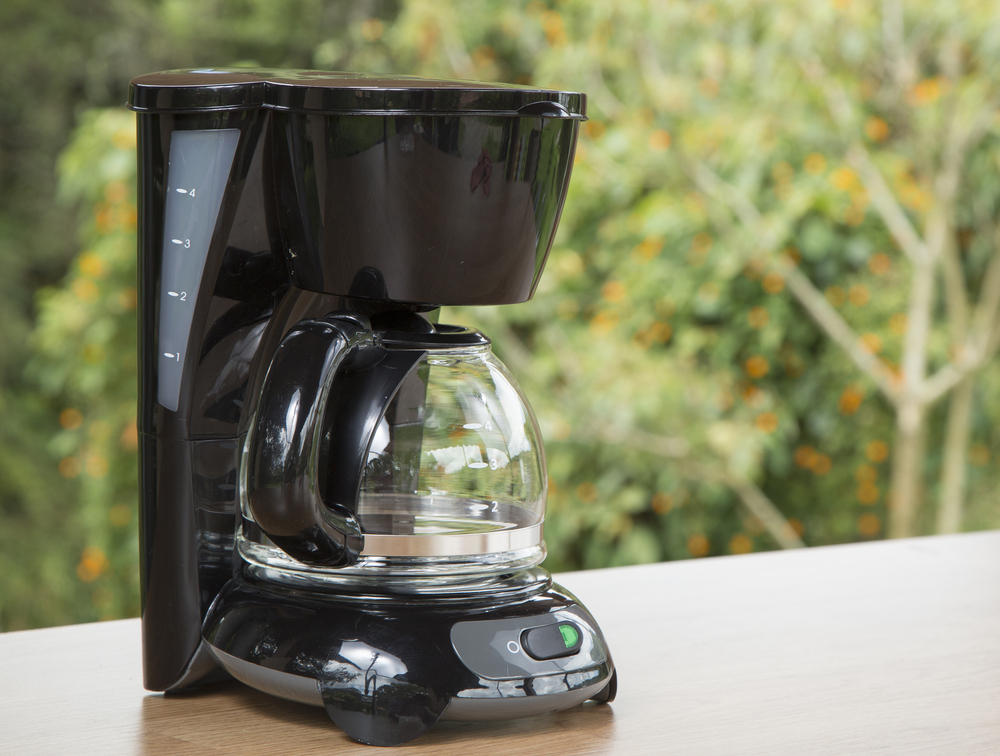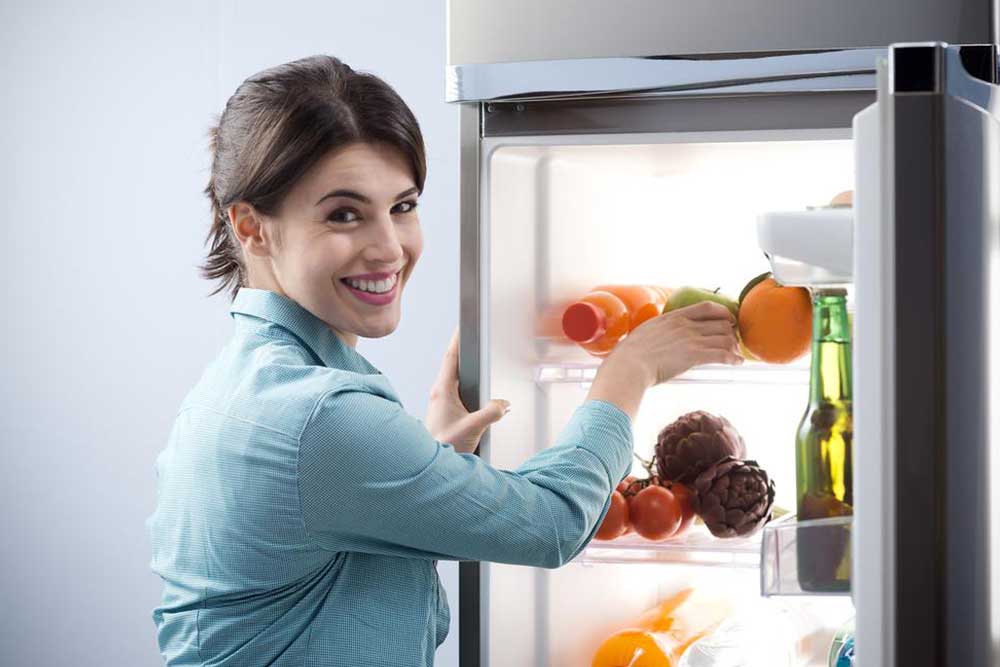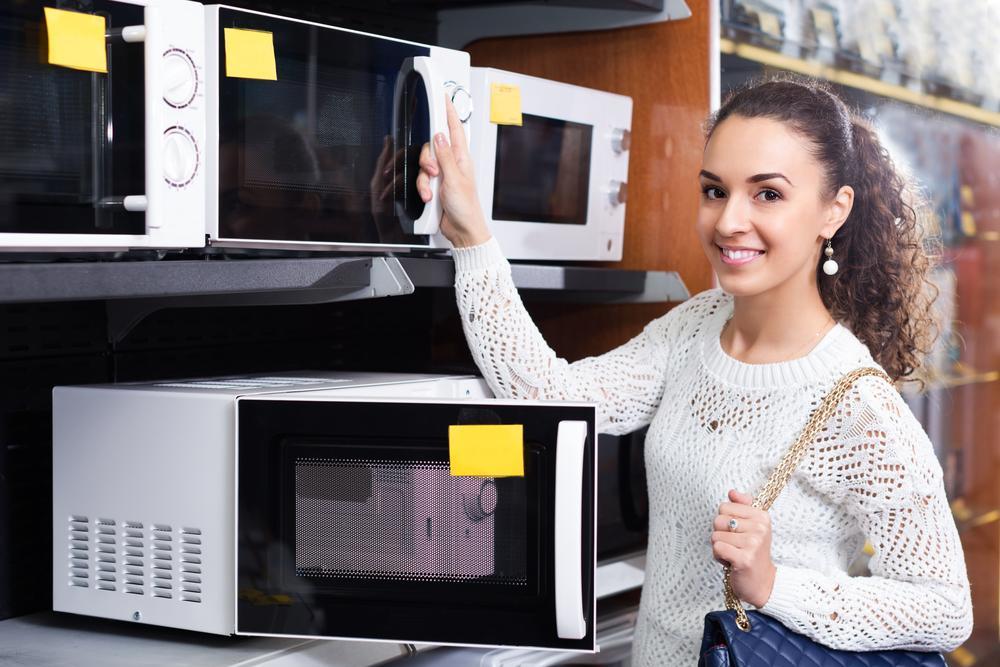A quick guide to buying the right microwave
A microwave is a go-to appliance in most kitchens. From heating to defrosting, to cooking, to baking, there are so many things a microwave does for us. Therefore, selecting a microwave brand that will last long enough is essential.
However, while buying a microwave, you need to consider more factors than just the microwave brand. A few other things to look for while purchasing a microwave would be the style of the microwave you’re buying, functions, features and most importantly the price range.

This buying guide will come in handy when you go microwave shopping.
Here are some of the types of microwaves that you should know of:
- Countertop Microwave
These portable microwaves are generally placed on your kitchen counter and are one of the most economically priced microwaves. However, the only drawback here is that they end up making your kitchen counter look cluttered. These are available in different power ranges. - Built-in Microwave
These microwaves are usually installed into a cabinet or wall, thus saving up a lot of your kitchen counter space. However, these are a little steeply priced. These microwaves are also available in different wattages. - Over range Microwaves
Over range microwaves, as the name suggests, is placed above your cooktop or cooking range, in the place of a range hood. In fact, the beauty of over range microwaves is that they also have an in-built ventilation function like a range hood, thus eliminating smoke, odor, and steam from your kitchen. The over range microwaves come with a light that brightens your cooking surface. Different over range microwaves come with different kinds of vents. Some have a recirculating vent that pulls the smoke produced while cooking through a charcoal filter and sends out clean air back into the house. Other over range microwaves have an external vent that drives the smoke outside the house. - Drawer Microwave
These are kept below kitchen countertops or a wall oven. These microwaves open out like a drawer are extremely space saving.
Next, here are some tips on what you can cook in your new microwaves:
- Standard microwave
Most standard microwaves are good for defrosting, heating, and cooking a variety of foods. - Convection microwaves
Apart from defrosting, heating, and cooking, a convection microwave also comes with the option of baking. - Power
The power range of most microwaves spans from 600 to 1,300 watts. The higher the number of watts, the faster your microwave heats up. Most microwaves with 700 or lesser watts may be good only for defrosting or heating food. - Capacity
Some microwaves that are compact have a capacity of about 0.5 – 0.8 cubic feet. The mid-sized ones have a capacity of 0.8 -1.4 cubic feet, while the larger ones have a capacity of approximately 1.4 to over 2 cubic feet.
Look for these features when you go oven shopping:
- Stainless steel body
A stainless steel appliance always looks classy and is also easy to clean. In fact, microwaves with stainless steel interiors ensure that it doesn’t smell of food. - Sensor cooking
This feature measures the moisture level in your food and accordingly adjusts its cooking time as well as power levels, thus ensuring that your food is well heated. - A non-stick interior
This makes the whole job of cleaning a microwave a whole lot easier. - Convenience keys
Shortcut keys like popcorn, bakes, steamed vegetables, etc. ensure that with just the click of a smart button, you can cook certain foods. This is a great feature for most commonly cooked meals in American households. - Turntables
Most microwaves come with turntables. Due to its rotational function, it ensures even heating of food. - Child lock
This function is especially important if you have children at home and we don’t even need to tell you why.
So, which microwave have you decided to buy for your household?




